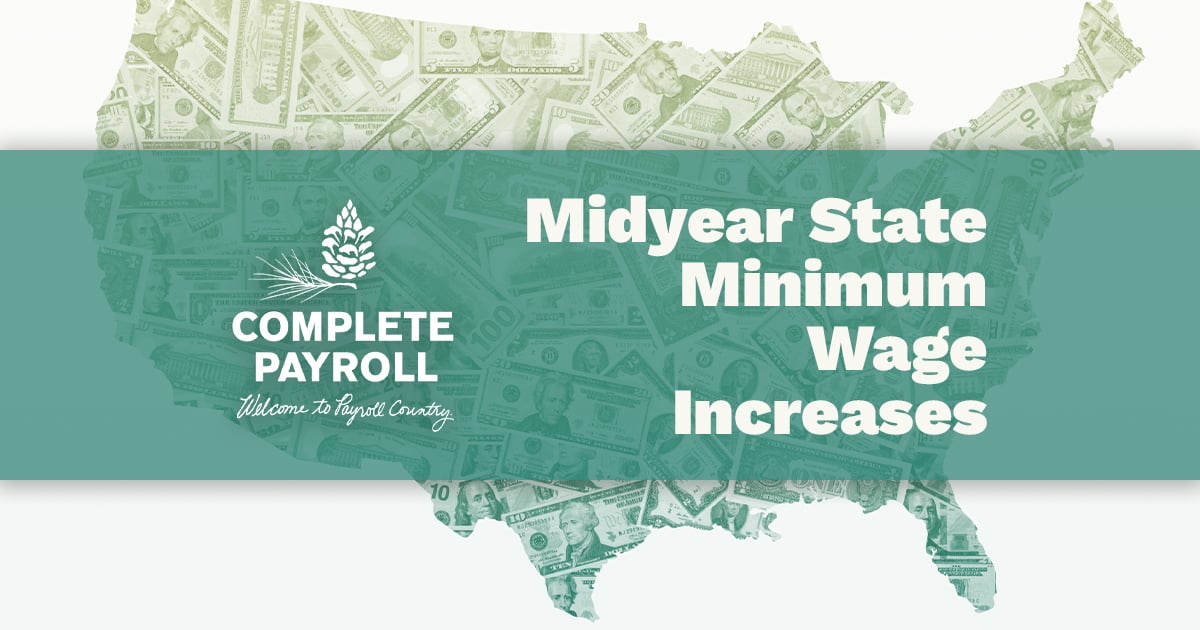Federal Highly Compensated Employee Exemption
Overview of Law
The Highly Compensated Employee (HCE) exemption applies to employees who perform a limited number of executive, administrative, or professional duties, but are so well compensated that they still qualify to be exempt as White Collar Employees.
To be properly classified as an exempt HCE an employee must meet all elements of this test:
- Primary duty includes performing office or non-manual work; and
- They customarily or regularly perform at least one of the exempt duties of an executive, administrative, or professional employee; and
- They are compensated at least $100,000 annually*; and
- They must be paid at least $455 per week on a salary basis, meaning they will make this amount every week regardless of how many hours they work or the quantity or quality of their work*
At the end of the year, if the employee has not been compensated at least $100,000, the employer may make up the difference in order to maintain the exemption. If the employer chooses not to pay the difference, they must calculate and payout all of the employee's overtime for the previous year.
The Fair Labor Standards Act (FLSA) establishes minimum wage, overtime pay, recordkeeping, and youth employment standards affecting employees in the private sector and in Federal, State, and local governments. Read the basic requirements of the FLSA here.
Got a labor law question?
Our team helps employers with labor law compliance every day. Complete the form below to ask a question or request some help.
General Disclaimer
The materials and information available at this website and included in this blog are for informational purposes only, are not intended for the purpose of providing legal advice, and may not be relied upon as legal advice. The employees of Complete Payroll are not

















